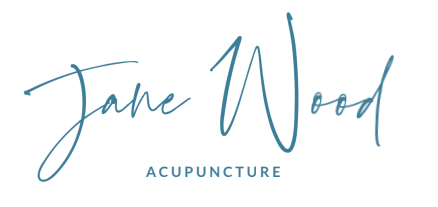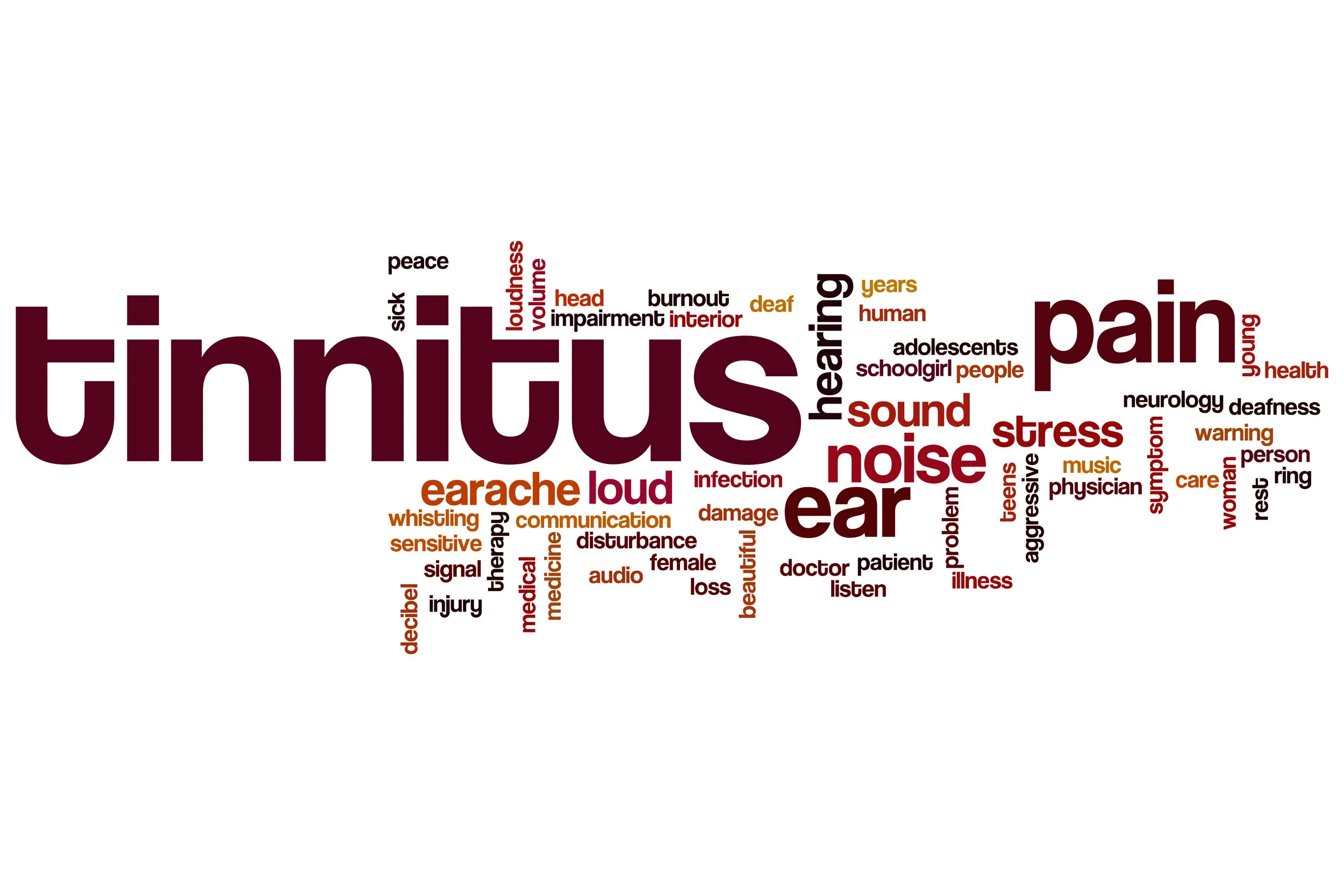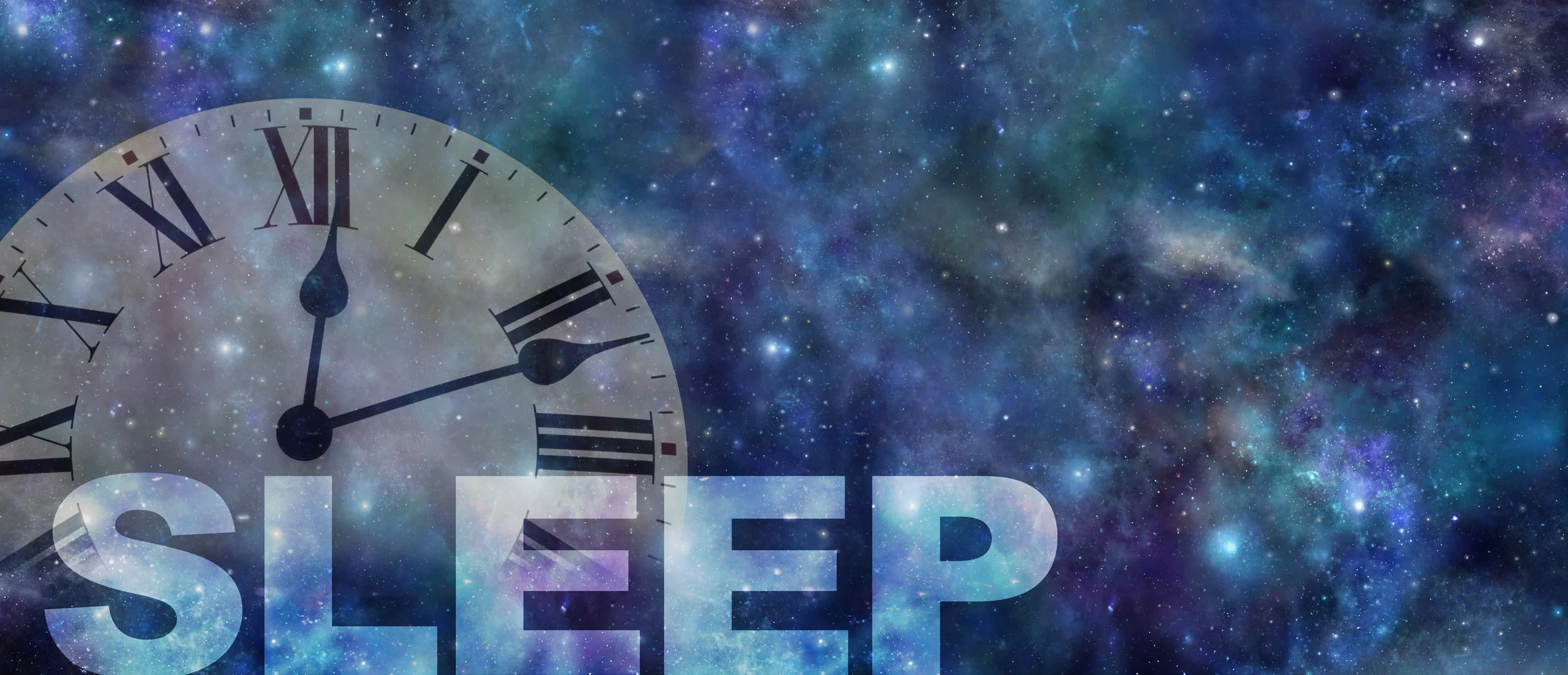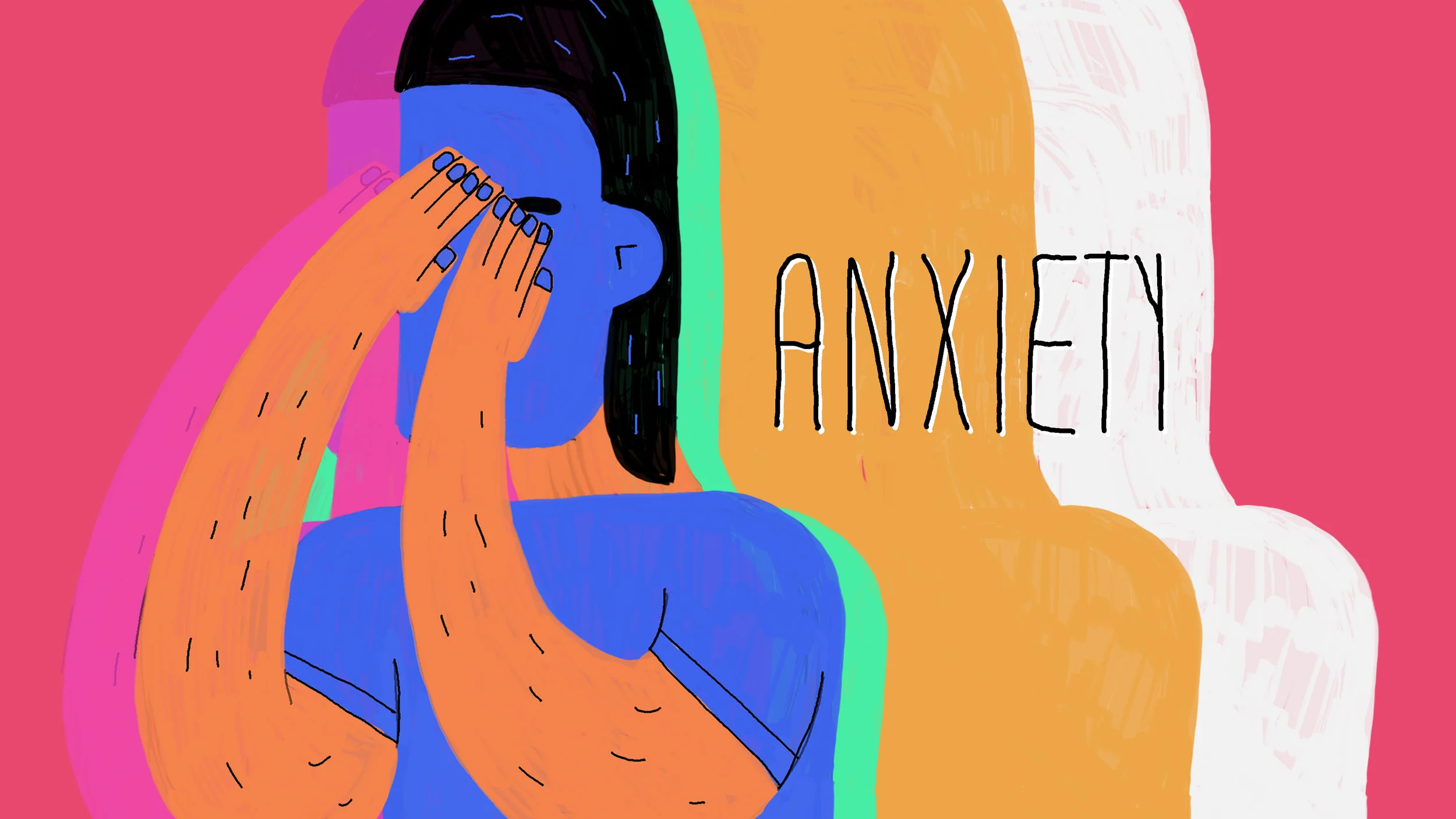Yoga - A Practice for Modern Times?
/A twist of fate brought me to Mandala Yoga Ashram. It’s an amazing place; a collection of old farm buildings lovingly transformed into a spiritual retreat.
Last week, I had the pleasure of speaking to Swami Nischalananda, the founder director of Mandala Yoga Ashram. Swami Nischalanada set up the ashram after years studying with his teacher in India. He wasn’t born into a spiritual life, but started off much the same as other young man of his age. His early years were spent playing football, cricket, rugby and fishing. He first came across yoga while travelling, then decided to pursue it while working in Belfast. The yoga centre he found there eventually led him to India.
You might wonder why I’m including this interview on an acupuncture website. Firstly, I am privileged to call Swami Nischalananda my teacher. He has been instrumental in my journey to becoming an acupuncturist. That might seem strange but without him I wouldn’t be doing this.
Secondly, because the practice of yoga is so relevant to modern day times.
Read More




















